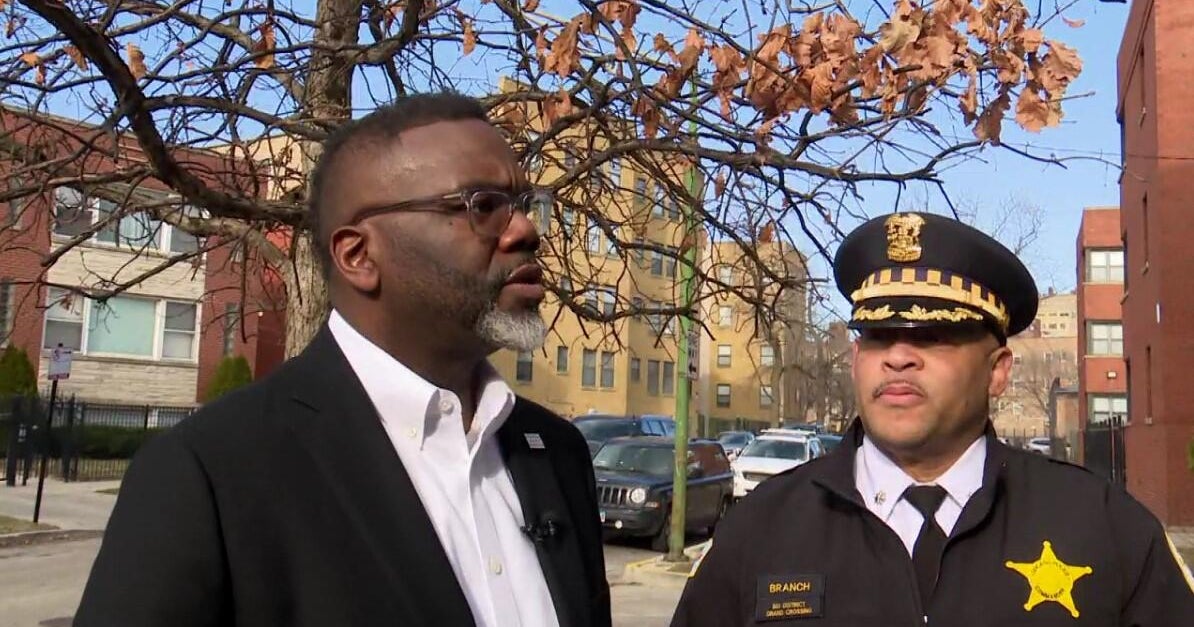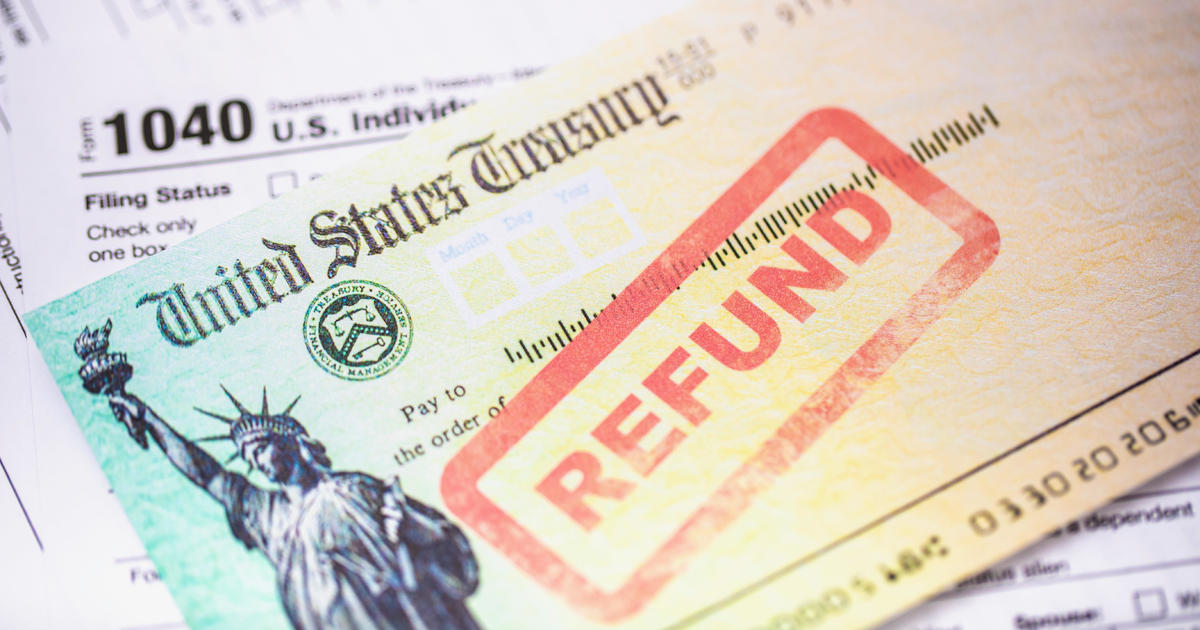Pfizer asks FDA to authorize booster shot for all adults
Pfizer announced Tuesday it is asking the U.S. Food and Drug Administration to authorize booster doses of its COVID-19 vaccine for all adults, ages 18 and older. The request comes a month and a half after the FDA authorized boosters for seniors and other higher-risk adults.
The company says new data from a large clinical trial of more than 10,000 fully vaccinated people found that a booster dose was over 95% effective against COVID-19 compared to individuals who were fully vaccinated but had not received a booster dose. A press release issued by Pfizer said that during the study period, "there were 5 cases of COVID-19 in the booster group, and 109 cases in the non-boosted group." The company also says the efficacy of the booster dose was consistent across different ages and racial and ethnic groups.
The request is similar to one made by Pfizer in August, when it asked federal regulators to amend its full license to allow a booster dose for individuals 16 and older. But when the request was considered and debated by the agency's outside advisers in September, many raised concerns that there was insufficient evidence to suggest that vaccine-induced immunity was waning in younger populations, particularly against severe disease.
Committee members also worried that there was not enough known about the risk of a rare potential side effect, myocarditis or pericarditis — inflammation of different parts of the heart — after a third dose, particularly among young men. Safety data has shown that men under the age of 30 are at higher risk of the condition, specifically after the second dose of either the Pfizer or Moderna vaccine.
"In summary, I would say that while I would probably support a three-dose recommendation for those over 60 or 65 I really have trouble supporting this as written for individuals greater than or equal to 16," Dr. Paul Offit, one of the committee members and director of the Vaccine Education Center at Children's Hospital of Philadelphia, said at the time.
The members of the Vaccines and Related Biological Products Advisory Committee, or VRBPAC, ultimately elected not to recommend the booster doses for individuals 16 or over, choosing instead to limit it to those 65 and older and adults who either have an underlying health condition or who work or live in a high-risk setting.
The committee also made this recommendation for booster doses of Moderna's vaccine for those who received Moderna shots. However, it elected to broaden its recommendation to enable individuals 18 and older who received Johnson & Johnson's vaccine to also receive the boosters, citing more available data on breakthrough infections.
The FDA has also allowed people to mix-and-match any of the three authorized or approved vaccines in the U.S. as a booster shot. The decision was based on findings from an NIH-backed trial which found a notable increase in antibody levels among people vaccinated with the Johnson & Johnson vaccine who then received a booster dose of either Pfizer or Moderna.
The trial found that among people vaccinated with Johnson & Johnson, antibody levels were 76 times higher 15 days after receiving a booster of the Moderna vaccine.
So far, nearly 25 million booster doses have been administered nationwide, representing more than 12% of individuals who are fully vaccinated. Nearly a third of individuals who are 65 or older and are fully vaccinated have received a booster.
The FDA is not expected to reconvene its outside advisory committee on this application, according to a senior administration official. The FDA will review the application and make a regulatory decision on whether to authorize the booster, then the Centers for Disease Control and Prevention will make clinical recommendations.
Weijia Jiang contributed to this report.





